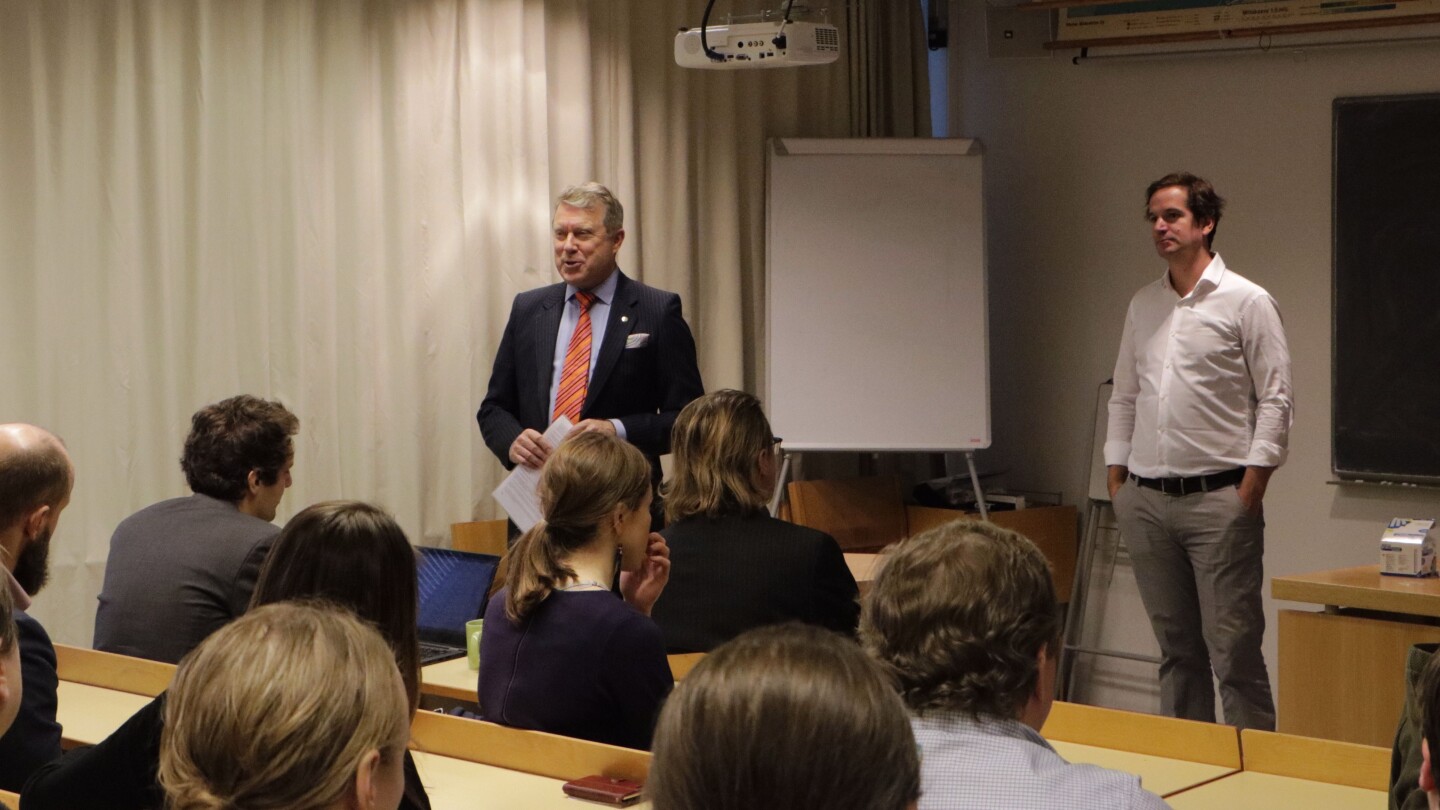Funded by the World Bank, the Resilience Academy project consists of collaboration between the University of Turku and four Tanzanian universities to offer knowledge, tools, and digital skills for the African youth to enable better resilience and urban development in African cities.

The World Bank’s Disaster Risk Management team visited the University of Turku in connection to their collaboration in the Resilience Academy project. The visit included a seminar with discussion on how open access information, new tools, and better digital skills can support the urban development in African cities.
Uncontrolled population growth, poor urban planning, and lack of information make these cities especially vulnerable to climate risks. The objective of the Resilience Academy project is to reduce this vulnerability by offering education and tools for the African youth as well as developing e.g. their geospatial expertise to improve flood control.

– The World Bank has a sort of connecting role in this collaboration: we match supply with demand by looking for innovations and solutions to fill the gaps in infrastructure and knowledge in Africa. We also work with the local governments, tells Senior DRM & ICT Specialist Edward Anderson from the World Bank.
University of Turku Supports Education of Future Experts
The University of Turku has collaborated institutionally with the Tanzanian universities in geospatial research and education for a long time. Lack of geospatial data hinders the urban development of the African cities and complicates e.g. flood predictions.
– The World Bank’s project offers the University an opportunity to utilise our capacity and offer practical solutions and education in for example digital skills in Tanzania. We have helped to improve the curricula of the Tanzanian universities to make them more efficient and meet the needs of the society, says Associate Professor Niina Käyhkö from the Department of Geography and Geology from the University of Turku.
Tanzania Urban Resilience Project (TURP) is a partnership between the United Kingdom’s Department for International Development (DFID) and the World Bank. It has been established to support the Government of Tanzania in its endeavour to increase resilience to climate and disaster risk. The Tanzania Urban Resilience Programme (TURP) employs coordinated and strategic action to improve Tanzania’s ability to prepare for, respond to, and adapt to a changing climate, as well as to withstand and rapidly recover from shock.
Text and photos: Lotta Junnila

